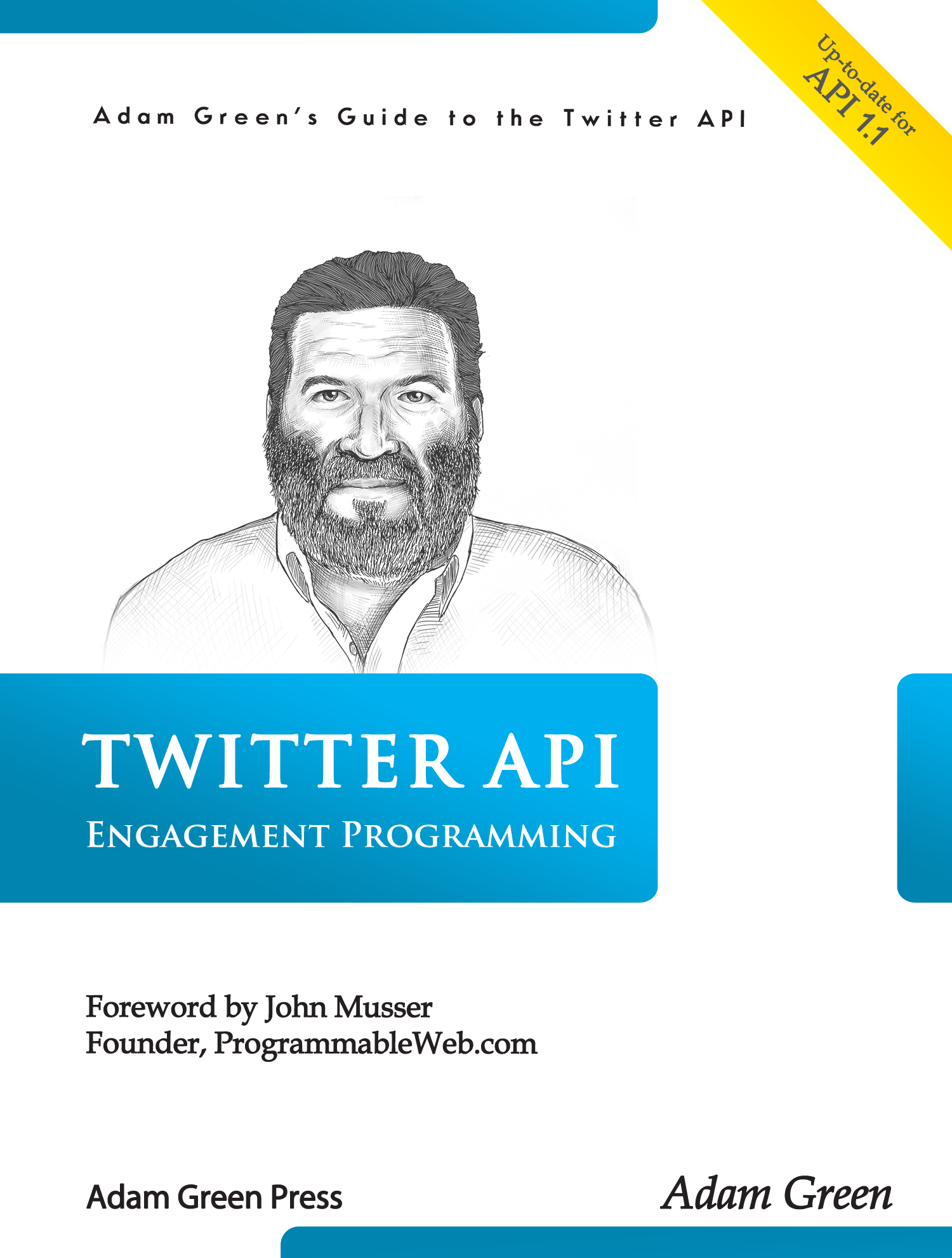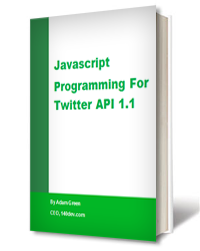This is the third part of a series on the future of Twitter development: Part I, Part II. In order for Twitter to reach everywhere, a skilled labor force of API developers is needed around the world. Developers make it possible to integrate Twitter into businesses in a more useful and personalized manner. This type […]
Yesterday’s streaming API post described a multiple server model for handling high rate tweet collection. Today I’d like to cover a different architecture that addresses this problem with a single server running multiple databases. Let’s say you want to display tweets for the most active stocks each day. The streaming API lets you collect tweets […]
Twitter lists don’t get the respect they deserve, but here is a way to use a well curated list as the source of great leads. You could just use the members of a list as leads themselves, but that will only give you a few hundred accounts. If you use the following procedure, you can […]
The previous post had an overview of my planned enhancements to the streaming API framework. The first step is adding some new tables to the 140dev tweet collection database: collection_words The words in this table will be used to collect matching tweets. We’ll see how to add this to the get_tweets.php script so that the […]
My last post on lead generation described the best techniques for identifying popular tags for any subject. You can use this approach to select accounts to follow, but that is just half of the solution. You also want these accounts to follow you back. When you follow someone, the most likely thing that person will […]
Searching for hashtags is a common method of finding new leads on Twitter, but tags in tweets can be misleading. Sarcasm and irony are so often used in tweets that finding a tag doesn’t tell you if that user is for or against the tag’s meaning. In fact, tags are often used in tweets to […]
Getting thousands of potential leads for any topic is no problem with the Twitter API. Identifying the best leads is the real challenge. There are two dates that can be effective in this task: the date when the Twitter account was created, and the date of the last tweet sent by the account. I like […]
I’ve been spending the last few days helping people install the latest version of the streaming API framework. This has reminded me of how many moving parts there are, and how this can get in the way of building a mental model of what is actually going on. One of the biggest confusions seems to […]
A continual question on the Twitter developer mailing list is why certain tweets and even entire accounts don’t show up in search results. The standard answer is that the search API filters out tweets that don’t meet a minimum quality threshold. That makes a lot of sense, and should definitely be done, if it returns […]
Last week I pointed out the undocumented search operator min_retweets. I’ve been searching tweets about this operator (yes, that is pretty meta) and found two more operators that aren’t in the official docs: min_replies and min_faves. You’ll have to experiment with these to see which are best for different needs. Before we get into the […]
A common question asked by potential clients is how many tweets they can expect to get from the search API. Although I have been telling them “1,500 tweets up to 7 days old” for years, I decided to confirm that. To my surprise, the limit is no longer provided in the official docs. I tried […]
Twitter has always been vague when it comes to limits in the API. The search API is a good example. Until version 1.1 the search API had rate limits, but they were never revealed in the docs or by dev support staff. The most we were able to extract were statements about there being enough […]








